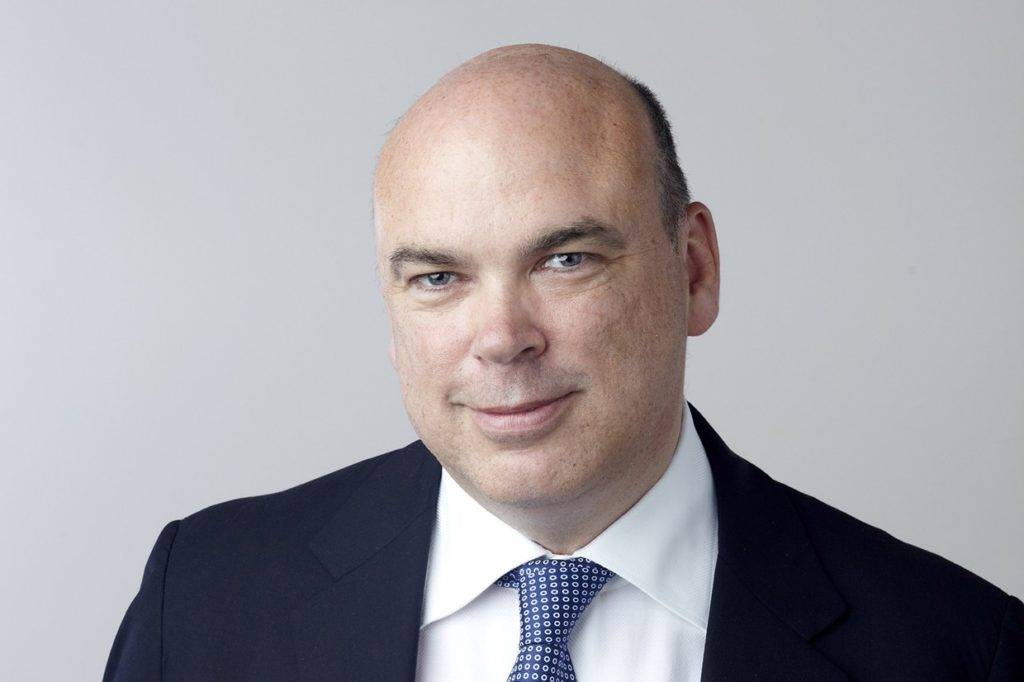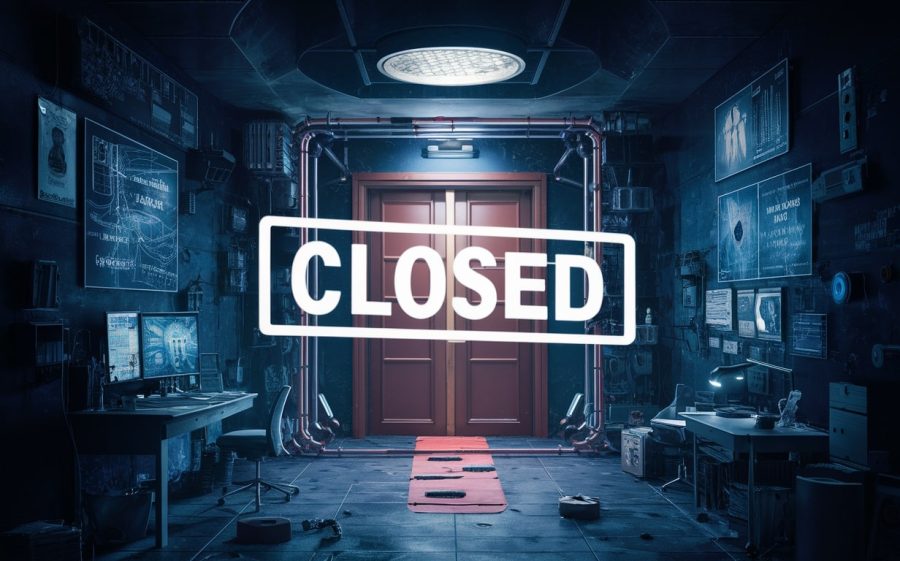Big data billionaire Mike Lynch, who sold his company Autonomy to HP for $11.7 billion in 2011, questioned the role of wearables in healthcare, specifically pointing to a growing trend of Fitbit or Apple Watch owners showing doctors useless information from their wearables.
“What the hell is a GP supposed to do [with that data]?” said Lynch to Business Insider. “Wearable devices will often give false alarms and the infrastructure isn’t there for healthcare professionals to deal with the data they produce.”
See Also: Can this new wearable help detect depression?
Most consumer wearables provide basic health information, like heart rate and sleeping patterns, but some niche products provide perspiration and glucose levels. Lynch believes most of this data will be useless to a doctor, and will lead to more unnecessary appointments.
“It’s an incredible distraction and cost and at the moment it’s highly questionable whether there’s a clinical outcome,” said Lynch.
Better coordination needed, says Lynch
While Lynch sounds anti-wearables, he does advocate for better systems that help doctors utilize information from wearables and other consumer electronics. That could come in the form of integration between a wearable platform, like Fitbit or MyFitnessPal, and a clinic.
Healthcare is still a very regulated market, especially for software, which has lead to this disconnect between the patient and doctor. In the U.K., for instance, the National Health Service (NHS) has only just started pushing for 95 percent of medical records online and lacks basic integration with wearable or online services.
America’s system differs depending on your clinic, some are trying to implement systems and others are not. In a recent survey conducted by the Association of Clinical Research Organizations (ACRO), members said wearables could be one of the most beneficial and likely to be adopted emerging technologies in the next 10 years, which is a good sign.








